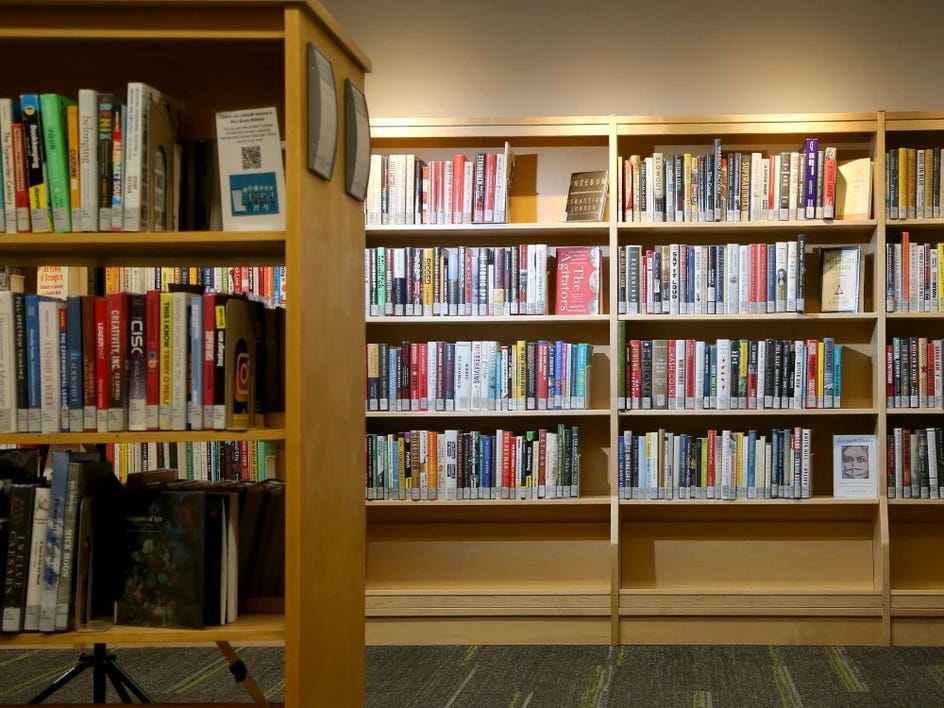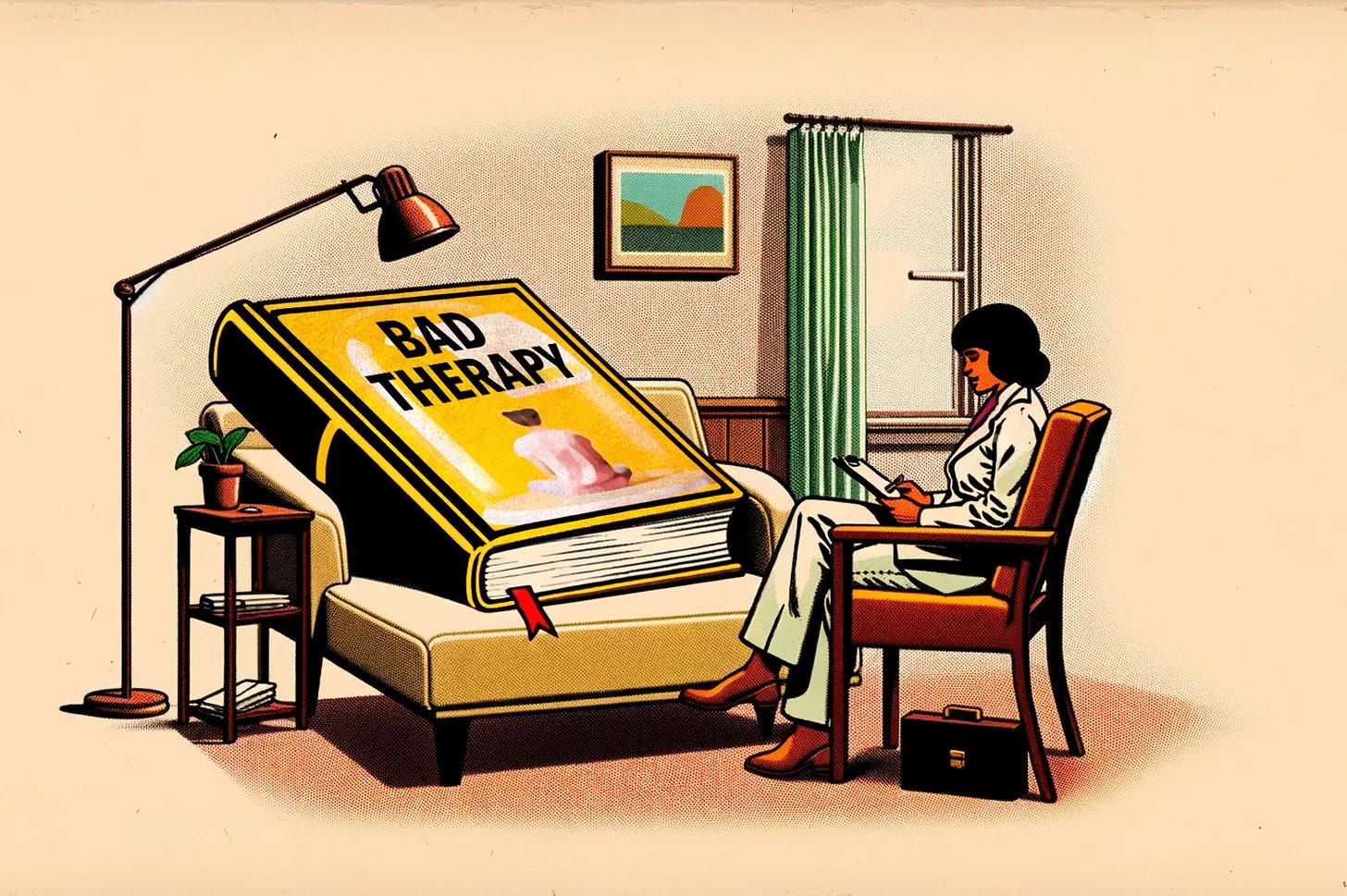Monica Harris: The unjust firing of Ontario librarian who challenged DEI orthodoxy
For the National Post, FAIR Executive Director Monica Harris writes about about the recent unjust firing of Cathy Simpson, a member of FAIR Libraries, and why viewpoint diversity is not 'right wing' propaganda.
Moreover, and contrary to what French and others have alleged, FAIR embraces inclusion in its purest form and believes unfettered freedom of speech is critical to this effort. FAIR stands against censorship of any kind and advocates respectful disagreement because we believe bad ideas are best confronted with good ideas — and never with deplatforming or blacklisting. History has repeatedly shown that censorship is an ineffective and even counterproductive means of combating the prejudice that Simpson’s detractors rightly disdain. Ultimately, the best way to promote tolerance is through education and open discourse. To this end, the goal of FAIR’s library program is to assist librarians in their efforts to include the widest possible range of perspectives in curating their collections.
Queens College calls cops over Muslim student group’s Instagram posts
For FIRE’s Newsdesk, FAIR’s chairman of the board Angel Eduardo writes about Queens College’s unconstitutional response to group’s protected expression, and how the response is chilling campus speech.
If you don’t see the problem with the Muslim student group’s situation because you find the group’s speech hurtful, hateful, or wrong, it is perhaps worth pausing to consider that the very principles that protect their expression will also someday protect your own — even if others find it offensive.
Think about it: In our increasingly contentious cultural climate, if all it takes for your speech to suffer institutional censorship and police investigation is for opponents to claim offense, fear, or psychological distress, it’s not a matter of if official power will fall on your speech, but when.
It’s Harder to Hate the Other Side When You Come Face to Face
For The Free Press, Ben Kawaller writes about his recent experience at Mardi Gras talking politics at a party and what he learned.
Was I conducting a rigorous piece of political science? No, I was shooting the breeze with drunk people. But more serious adults have researched the psychology of our electorate, and their findings echo my own suspicions: that most Americans make up an “exhausted majority” whose views aren’t represented either by the orthodox left or the far right. The amplification of those extremes—and, I would argue, a craven kowtowing among the political right and the cultural left to each group’s most radical elements—gives an impression of a nation more “polarized” than it actually is.
How We’re Accidentally Destroying the Youngest Generation: A Review of Abigail Shrier’s ‘Bad Therapy’
For Reality’s Last Stand, Julian Adorney, Mark Johnson, and Geoff Laughton write a review of Abigal Shrier’s Bad Therapy, and explain why it’s time to remind children they are strong before it’s too late.
The problem is that all of this obsession with feelings can actually make students feel worse. As Yulia Chentsova Dutton, head of the the Culture and Emotions Lab at Georgetown University, says, “Emotions are highly reactive to our attention to them.” “Certain kinds of attention to emotions, focus on emotions,” she explains, “can increase emotional distress. And I’m worried that when we try to help our young adults, help our children, what we do is throw oil into the fire.” Or to put it another way: when we ask kids over and over again how they’re feeling, we’re subtly and accidentally encouraging them to feel bad.
The Cowardice of Guernica
For The Atlantic, Phil Klay writes about how the literary magazine Guernica’s decision to retract an essay about the Israeli-Palestinian conflict reveals much about how the war is hardening human sentiment.
Empathy here does not justify or condemn. Empathy is just a tool. The writer needs it to accurately depict their subject; the peacemaker needs it to be able to trace the possibilities for negotiation; even the soldier needs it to understand his adversary. Before we act, we must see war’s human terrain in all its complexity, no matter how disorienting and painful that might be. Which means seeing Israelis as well as Palestinians—and not simply the mother comforting her children as the bombs fall and the essayist reaching out across the divide, but far harsher and more unsettling perspectives. Peace is not made between angels and demons but between human beings, and the real hell of life, as Jean Renoir once noted, is that everybody has their reasons. If your journal can’t publish work that deals with such messy realities, then your editors might as well resign, because you’ve turned your back on literature.
Teachers benefit from authentic, curious discussions
For ATA News, FAIR’s Alberta chapter leader Robert Piotrkowski writes about why he believes the best way to reduce bias is to engage in authentic, curious discussions with a generous spirit.
It’s becoming more widely reported that training of this sort can be reductive and ineffective. To explore more productive options, I was directed to David Lewis-Peart. A former lecturer and DEI trainer, Lewis-Peart noticed that existing frameworks, while well intended, often fell short of producing positive outcomes and promoted ways of thinking that are unable to contend with nuance. Lewis-Peart offers two pieces of advice for moving forward: drop the emphasis on “anti” training (whether anti-homophobia, anti-racism, etc.) and instead lean into relationship-building and establishing curiosity and compassion in the diverse workplace.
FAIR News Podcast
For audio versions of our FAIR News and FAIR Weekly Roundup newsletters, subscribe and listen to FAIR News Weekly on Apple Podcasts, Spotify, Google Podcasts, or via RSS feed.
Join the FAIR Community
Join us, and become a member of FAIR.
Become a FAIR volunteer, or join a FAIR chapter.
Sign-up for a Welcome to FAIR Zoom information session to learn more about our mission.
Share your reviews and incident reports on our FAIR Transparency website.











Robert Piotrkowski's plea sounds almost duuuuuh but his reference to David Lewis-Peart's observation that the best way to combat 'anti'-anything is to 'lean into relationship-building and establishing curiosity and compassion in the diverse workplace' is a great idea, but it won't go down well with the woke & QAnon fanatics on either side, both of whom will assure you they're very much pro-free speech, as long as it's not promoting anything that challenges their authority and holy ideological dogma (which they now re-define as 'hate speech'). And they're all for inclusion as long as it's not for all free thought. The question is, how to quiet and corral the children of all ages who throw tantrums? They're the ones who need this 'lean-in' approach the most.
I'm sorry the article didn't mention the tragic ending of the Richard Bilkszto story: He killed himself after the racist DEI consultant's shaming of him, coupled with the pile-on of Bilkszto's 'woke' colleagues. He did more to promote diversity and inclusion than that DEI bitch ever did.